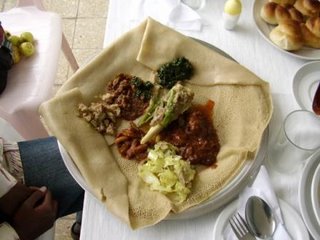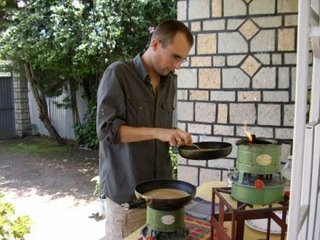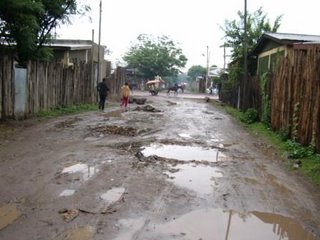



After writing about power cuts recently, we’ve had several unusually long ones in the last few days. We have had a few evenings of cooking by the light of our headtorches. Most of the blackouts coincide with severe storms. I don’t mind and it’s actually enjoyable; there’s something about living in a more primitive way.
We managed to let VSO wind us up on Tuesday night after they tried to take some of our furniture. A new short-term volunteer (Keith) arrived on Tuesday. He will be here for six weeks at the same organisation as Fiona (working with women with HIV), on secondment from his VSO placement in
The glut of lessons observations is nearly over. In amongst the tedious bum-numbing lesson experiences there have been a few teacher educators who have taken everything the HDP has thrown at them and really worked on their own technique. I’ve been very impressed and also humbled, given the starting level that many of the teachers have come from.
One aspect that leaves me increasingly unimpressed is poor punctuality. A lot of the college teaching staff are often15 mins late or more for their own lessons. Given that they are acting as role models to their students, they can hardly complain when their students trickle into lessons late. What really winds me up though is when they are late for our HDP sessions. Punctuality is given prominence in the HDP assessment, and yet despite everything we have done about time management, more and more of my candidates have been arriving up to 15 mins after the start time. On Wednesday I got really fed up and let them know it. I talked with them about how much of a problem it’s becoming and how I feel when they are late. I think some of them just don’t “get it”. The cultural attitude to time here is simply different from what we are used to, which is not surprising given how difficult it can be to travel anywhere. Most people have more to deal with in their lives than being in a certain place within one minute of the agreed time.

























